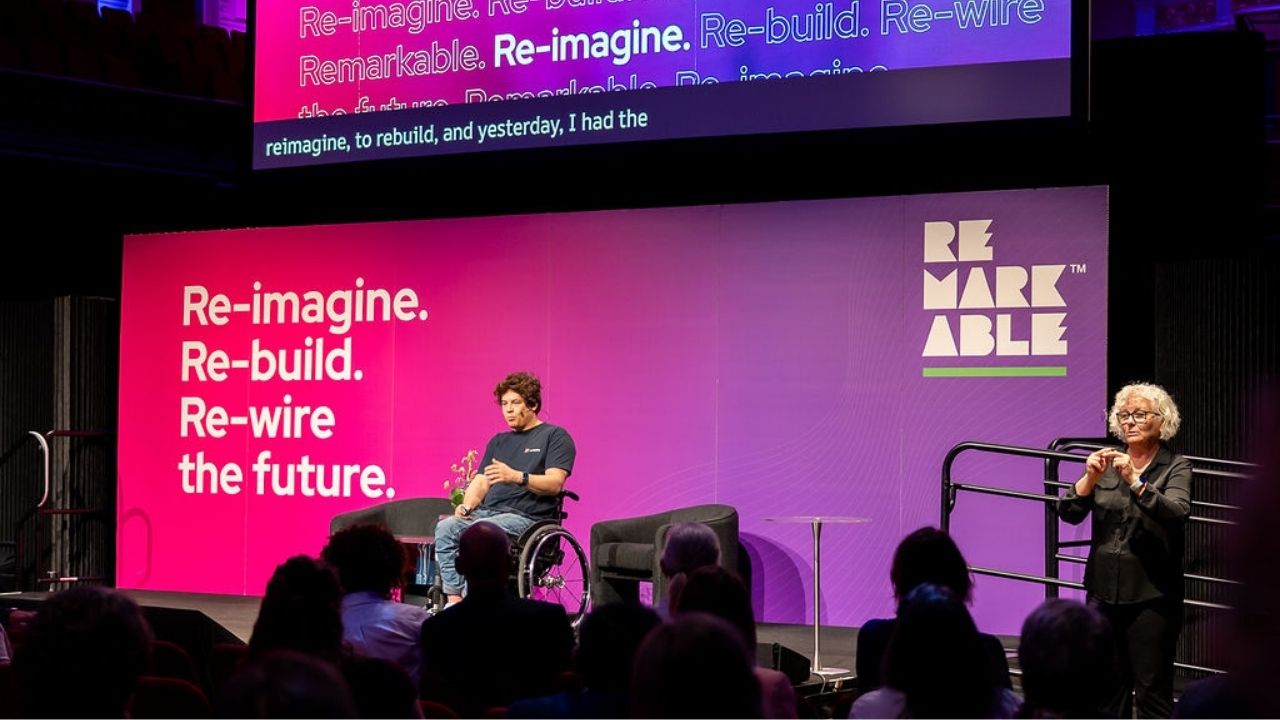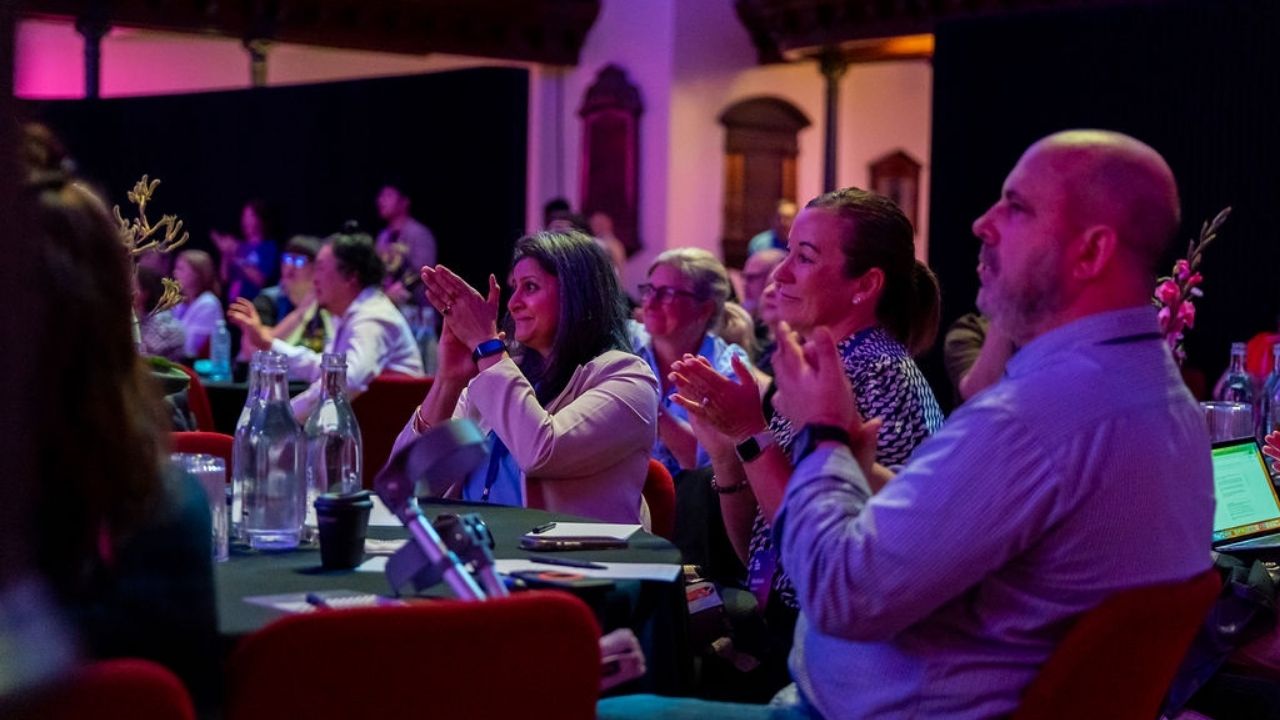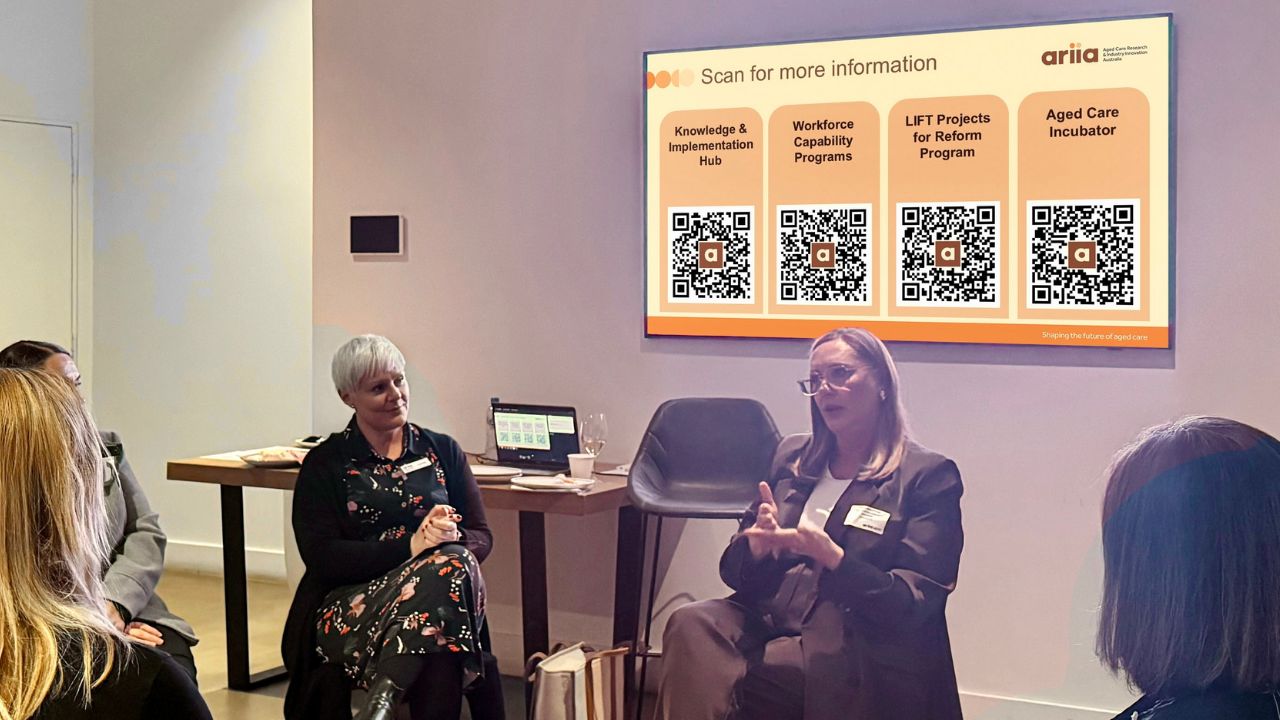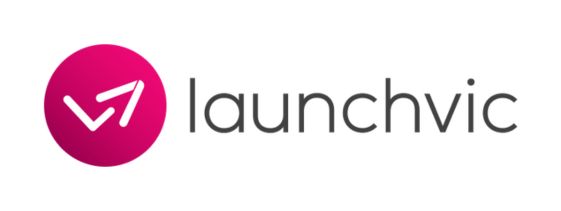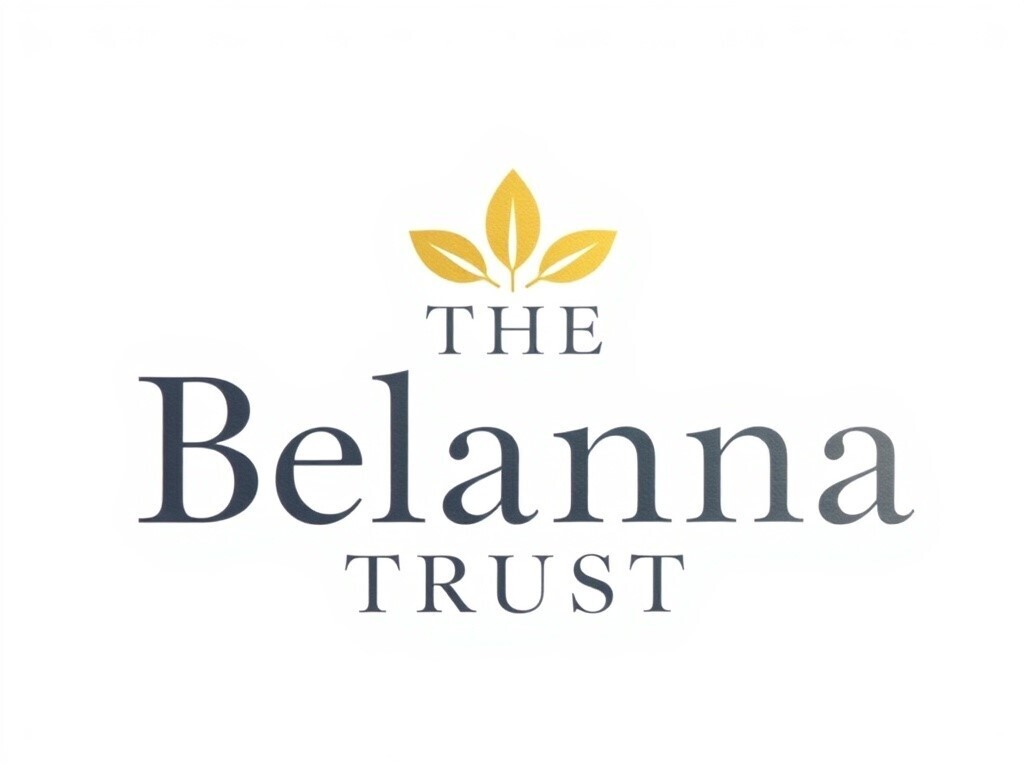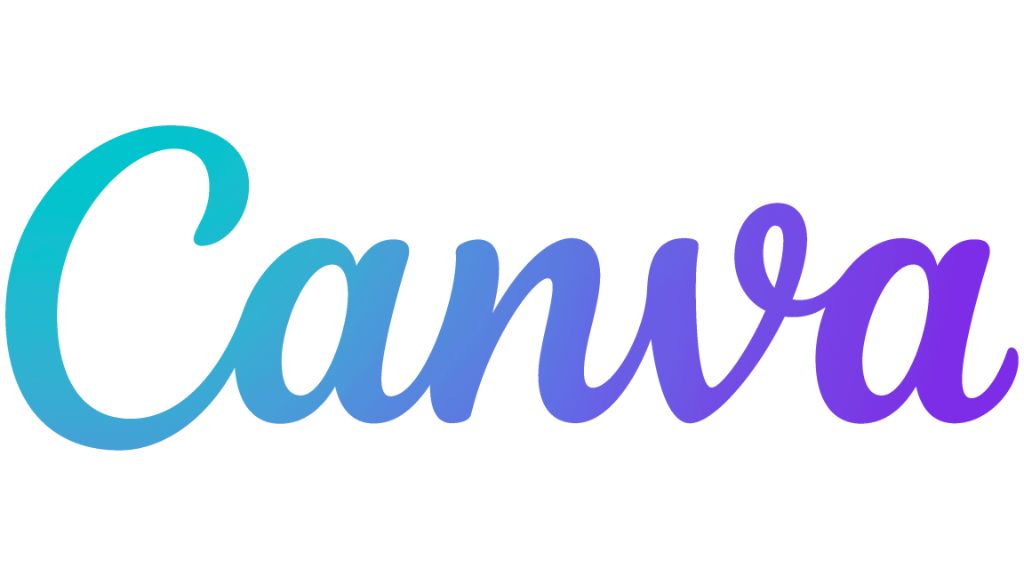.png)
By Storm Menzies, guest contributor, Founder of ByStorm Beauty and Remarkable Launcher alum, and Zara Fulton, Head of Investment at Remarkable.
A Founder, an Investor, and a Shared Vision for Inclusive Innovation
Earlier this month, we had the privilege of sharing the stage at the Supporting Diversity in Venture Capital event hosted by the Australian Investment Council (AIC) in Brisbane. As a founder and an investor, we came together to share two sides of the same story — one of building from lived experience, and one of recognising the structural opportunity that has, for too long, been overlooked.
A sincere thank you to AIC and the sponsors for spotlighting these conversations, and to our fellow speakers for the energy and insight you brought to the day.
Here are some of the key insights from the Brisbane event — and why we believe Disability Tech and diverse founders represent one of the most powerful, yet overlooked, investment opportunities of our time.
Disability Is Not a Niche — It’s a Massive Untapped Market
One of the biggest misconceptions I’ve encountered is the idea that the disability market is “too small” to be commercially viable. But the numbers don’t lie.
Globally, over 1.3 billion people live with a disability. Add in caregivers, family and allies, and you have a consumer base of 2.3 billion. Factor in the broader influence on household and institutional spending, and this market impacts 63% of the global population — with an estimated $18.3 trillion USD in annual spending power.
And yet, only 4% of businesses actively design with accessibility in mind. That’s not just an oversight — that’s an opportunity.
Storm Menzies
Founders with Lived Experience Build Differently
I started ByStorm Beauty because the beauty industry wasn’t built for people like me. As someone born with mild cerebral palsy, I was constantly adapting — finding workarounds to brushes, tools, and routines that didn’t consider diverse bodies.
When I joined Remarkable’s Launcher program, I wasn’t just looking for startup support — I was looking for a place where accessibility wasn’t an afterthought. Through that experience, I learned to turn our mission into a business model. To move from “impact” to “investability.”
What I learned was that our focus on accessibility isn’t a limitation — it’s our moat. A driver of customer loyalty, defensible IP, and scalable value.
- Storm Menzies
Why Investors Should Be Paying Attention
As an investor, I’m constantly looking for overlooked growth markets and founders building differentiated solutions. And what’s clear is this: the Disability Tech space offers both — in spades.
There are myriad opportunities to be first to market with truly needed and valuable innovations, and to build great commercial businesses that deliver both impact and return.
The disability economy is not a niche. It’s a market correction waiting to happen.
- Zara Fulton
Accessibility Drives Innovation — For Everyone
Founders with lived experience often solve for things others don’t even realise are problems. But here’s the kicker: when we design for the edges, we often improve the experience for everyone.
Think about:
- OXO Good Grips, designed for people with arthritis — now a global bestseller.
- Voice control, initially for users with disabilities — now embedded into almost every device.
- Closed captions, created for the Deaf community — now essential for social media and used by over 80% of Instagram and TikTok users.
Designing for accessibility reveals friction points others overlook. And solving for those opens up entire markets.
- Storm Menzies
Bias Is Blocking Innovation
Venture capital is built on pattern recognition. But when those patterns are biased — when we only fund the “familiar” — we lock out entire categories of innovation.
Too often, the typical founder profile is narrow: male, white, tech background, able-bodied. Meanwhile, founders like me — disabled, queer, culturally diverse — get overlooked, even when our ideas are strong and our markets massive.
That’s not just a diversity issue — that’s a risk to fund performance. The data are crystal clear:
- Startups founded by women generate 2.5x more revenue per dollar invested.
- Diverse founding teams generate 60% more business value.
- Inclusive companies are 2x more likely to meet financial targets and see 27% higher profitability.
This isn’t feel-good theory. It’s a blueprint for better returns.
- Storm Menzies
Disability Tech Is the Future — Not a Side Bet
Disability is the only minority group you can join at any time — through injury, aging, or a shift in circumstance.
By 2030, over 2 billion people will need at least one assistive product. That doesn’t just mean wheelchairs — it includes fintech, beauty, healthtech, home goods, and beyond.
- Storm Menzies
For investors, this is about future-proofing portfolios. Accessibility isn’t a trend — it’s a structural market shift, like sustainability or digital transformation. And just like those movements, the early movers are the ones who stand to benefit the most.
- Zara Fulton
Learn From the Market Leaders
We’ve already seen what happens when businesses take inclusion seriously:
- Fenty Beauty launched with 40 foundation shades — and hit $100M in sales in just 40 days.
- Mattel’s Barbie saw a turnaround in declining sales after releasing more inclusive dolls — including those with different body shapes, skin tones, and disabilities.
These weren’t CSR exercises — they were smart commercial moves. And they worked because they responded to real demand.
- Storm Menzies
What Are We Really Asking for When We Say "Diverse Founders"?
After the fireside chat, a few people messaged me to say I didn’t need to explain the meaning behind ByStorm — that a man wouldn’t have. And at first, I agreed.
But the more I unpacked it, the more I questioned the underlying assumption: are we still holding diverse founders to a model that was never designed for them?
Even when we talk about supporting underrepresented founders — women, disabled people, people of colour — there’s still often an unspoken expectation that we’ll show up acting like the “typical founder.” But how many have had to shape-shift just to be taken seriously?
We say we value cognitive diversity — but do we really? Because if we did, we’d also value different styles of communication, leadership, and humility.
It’s made me ask: do we truly want diverse founders at the table, or are we still asking them to conform to a standard that doesn’t reflect who they are?
- Storm Menzies
Accessing an Underestimated, Powerful Investment Opportunity
At Remarkable, we’re proud to support founders like Storm — not just because of what they build, but because of how they build. The innovation, resilience, and insight that comes from lived experience is unmatched — and underfunded.
- Zara Fulton
Founders like me aren’t asking for special treatment. We’re asking for investors to look more closely. To see the scale of the markets we know. And to back us not in spite of our difference — but because of it.
- Storm Menzies



.png)
.jpg)


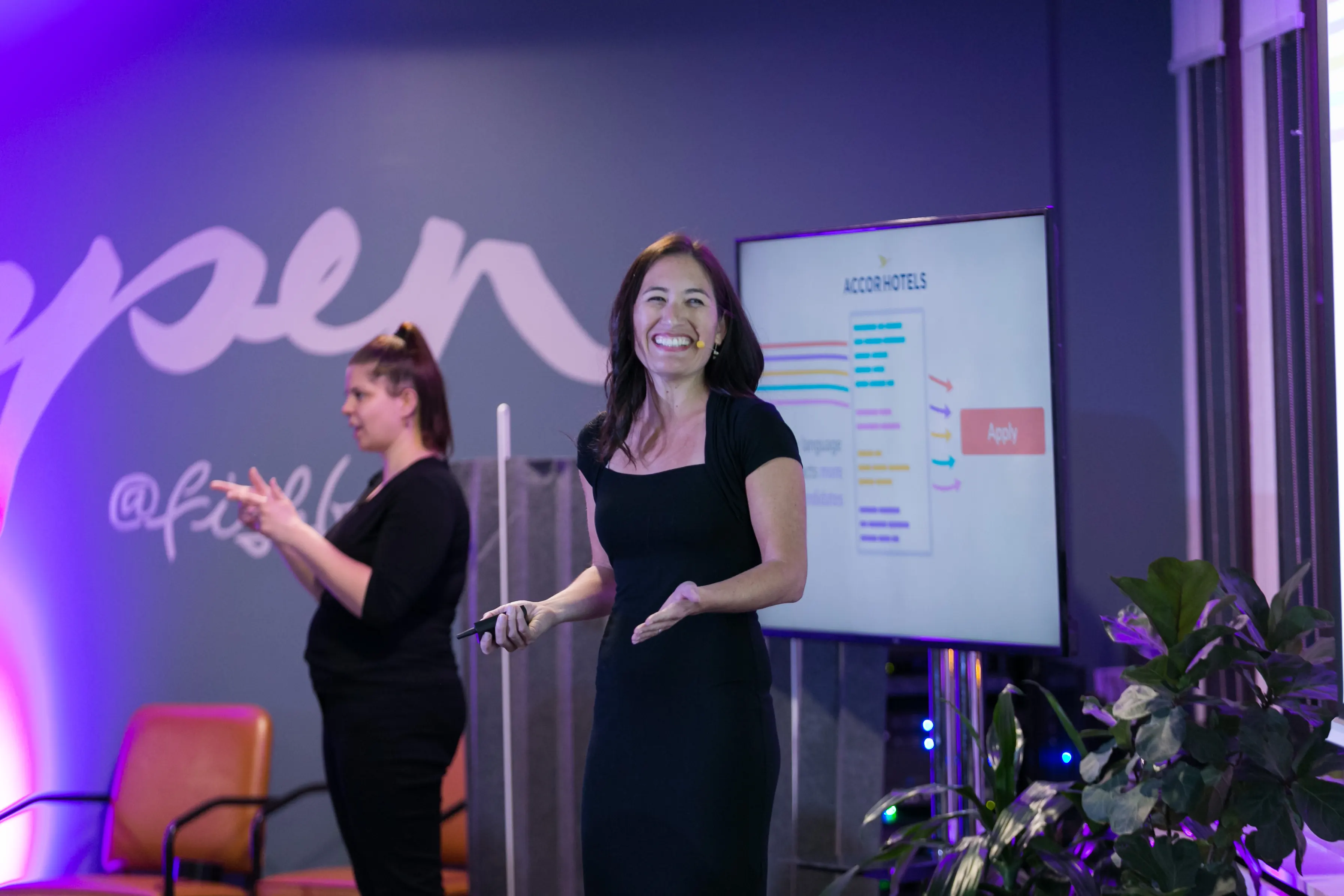

.jpg)
